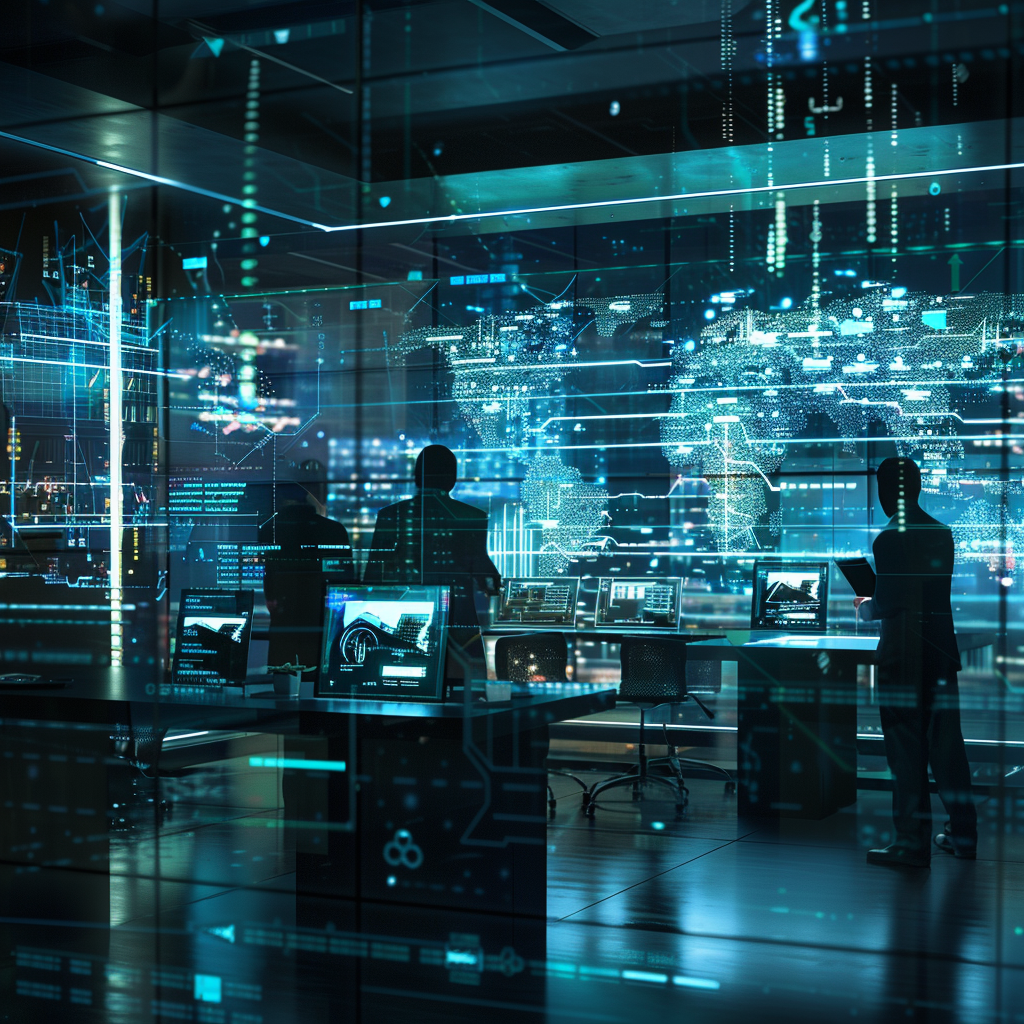In the rapidly evolving landscape of cybersecurity, computer forensics has become a cornerstone in the fight against cybercrime, providing crucial insights and evidence that can be used in legal proceedings and to bolster security measures. As technology continues to advance, so too do the techniques and tools used by computer forensics professionals. This article delves into the recent trends shaping the field of computer forensics, with a spotlight on how these developments are influencing computer forensics services in Tampa and beyond.
1. Cloud Forensics
The shift towards cloud computing has transformed the way businesses operate, offering scalability, flexibility, and cost-efficiency. However, it also presents new challenges for computer forensics specialists. Cloud environments often span across jurisdictions and are controlled by service providers, complicating the process of data acquisition and analysis. Forensics experts are now developing specialized tools and methodologies to navigate cloud infrastructures, ensuring they can effectively extract and preserve evidence without compromising the integrity of the data or violating privacy laws.
2. Mobile Device Forensics
With the ubiquity of smartphones and tablets, mobile devices have become a treasure trove of digital evidence. Modern mobile forensics tools are increasingly sophisticated, capable of recovering a wide range of data, from texts and emails to location history and app data. In Tampa, computer forensics services are leveraging these advancements to tackle a broad spectrum of cases, from corporate espionage to cyberstalking, underscoring the growing importance of mobile forensics in digital investigations.
3. Artificial Intelligence and Machine Learning
Artificial intelligence (AI) and machine learning (ML) are revolutionizing computer forensics by automating the analysis of vast datasets, identifying patterns, and uncovering hidden relationships in data that would be impossible for humans to find manually. These technologies are particularly valuable in the early stages of an investigation, where they can swiftly sift through terabytes of data to identify potential evidence. For computer forensics services in Tampa, the integration of AI and ML is enhancing the speed and accuracy of investigations, allowing experts to focus their efforts on the most relevant information.
4. IoT Forensics
The Internet of Things (IoT) has expanded the digital footprint of homes and businesses, connecting everything from refrigerators to security cameras to the internet. This proliferation of connected devices generates a vast amount of data, which can be a vital resource in forensic investigations. However, IoT devices also present unique challenges due to their diversity, proprietary protocols, and the sheer volume of data they produce. Forensics professionals are developing specialized techniques to extract and analyze data from IoT devices, making it a fast-growing area within the field.
5. Blockchain and Cryptocurrency Investigations
As cryptocurrencies become more mainstream, the blockchain technology underlying them is also coming under scrutiny in forensic investigations. Transactions on the blockchain are inherently secure and anonymous, making them attractive for illicit activities. Forensic experts are now equipped with tools to analyze blockchain transactions, trace the flow of digital assets, and identify participants in illegal transactions. This capability is increasingly in demand among computer forensics services in Tampa, where the financial and tech sectors are keenly aware of the risks and opportunities presented by cryptocurrencies.
Conclusion
The field of computer forensics is continuously evolving, with new trends and technologies shaping the way investigations are conducted. For professionals offering computer forensics services in Tampa, staying ahead of these trends is crucial to providing effective solutions for their clients. Whether it’s navigating the complexities of the cloud, leveraging AI for data analysis, or investigating blockchain transactions, the future of computer forensics promises to be both challenging and exciting, playing a pivotal role in the cybersecurity landscape of tomorrow.


